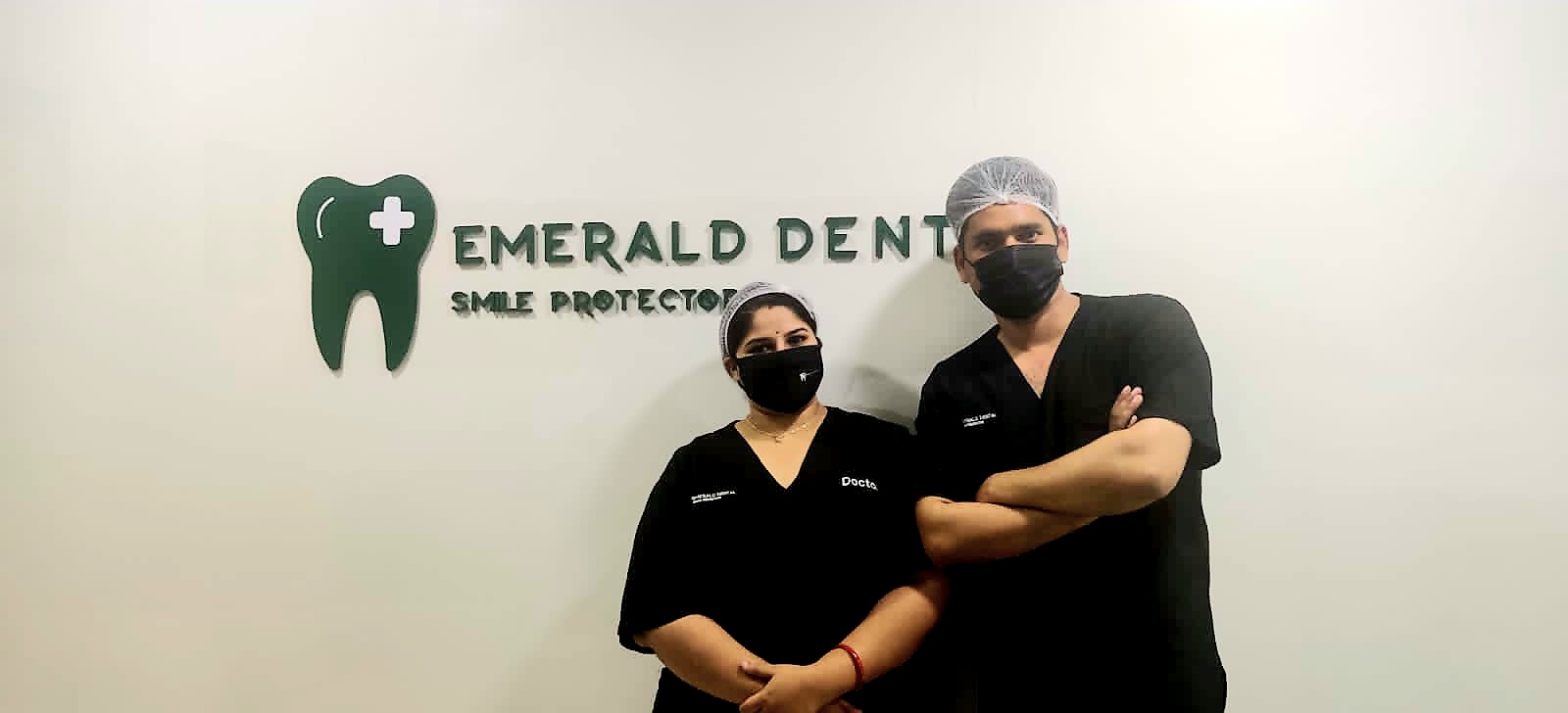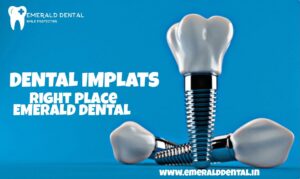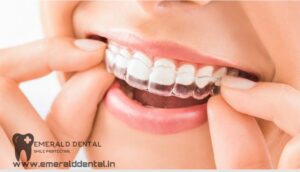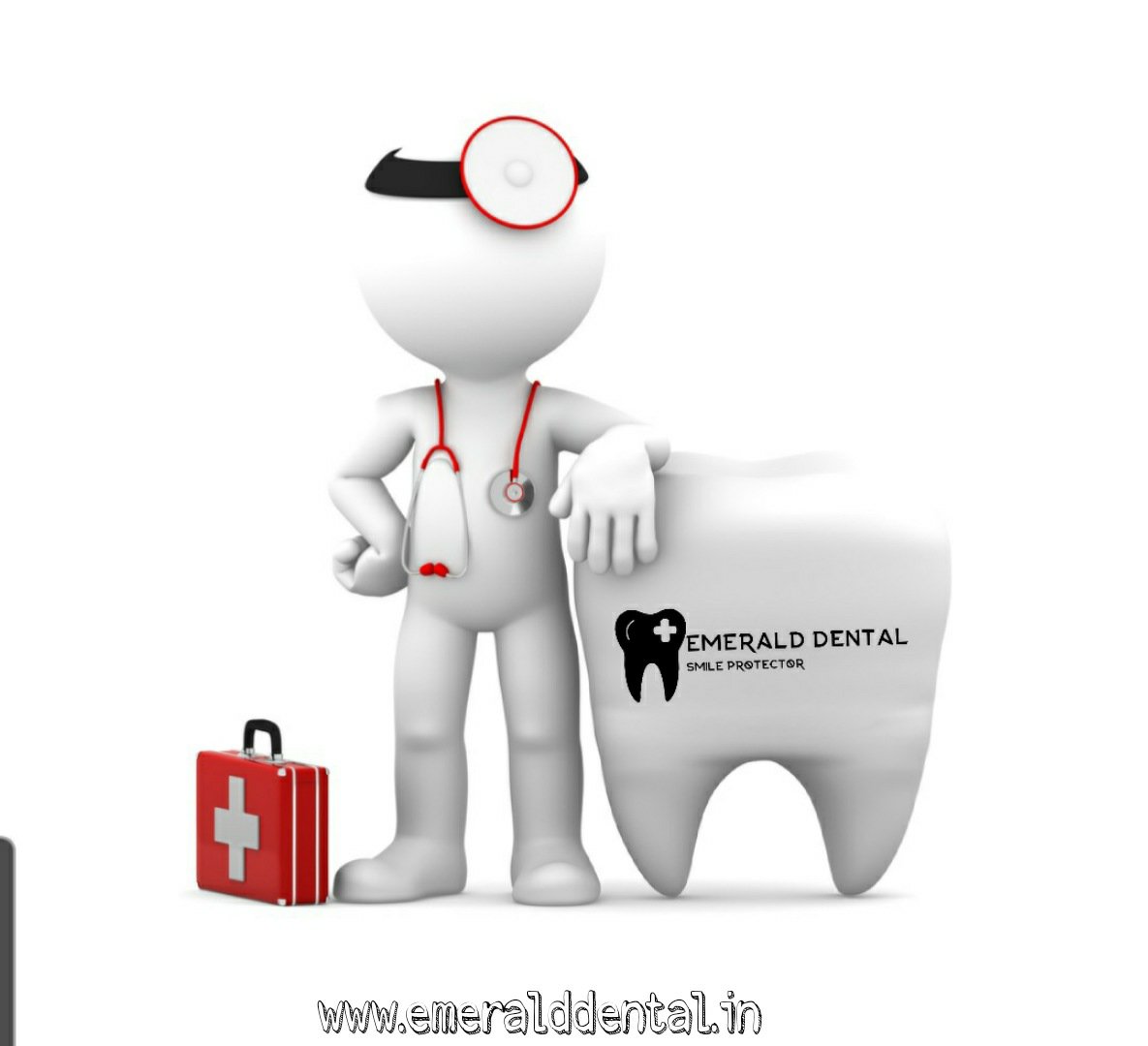
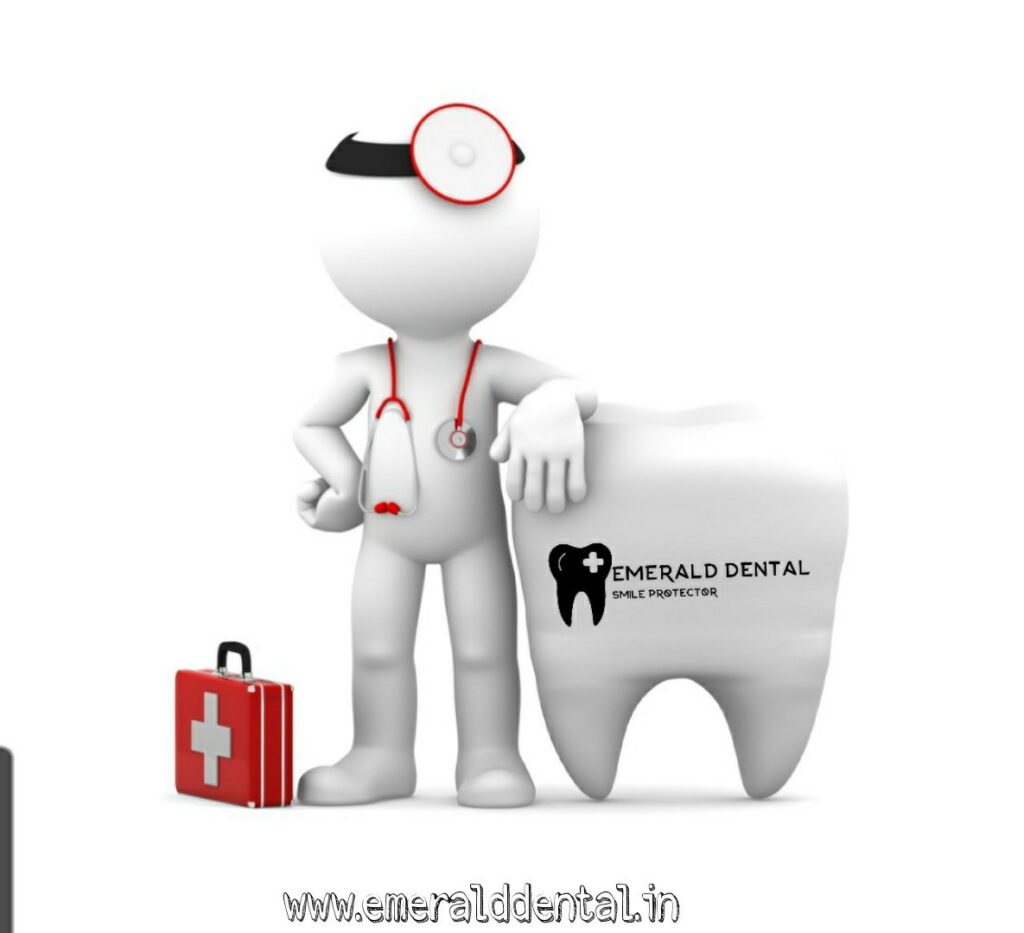
Types of Dental Emergencies
Broken Tooth: Sometimes a mouth injury can result in a broken tooth. If this occurs, look for the tooth fragment(s). Collect any fragments you might find so you can take them to the dentist. Clean the injured area with warm water, and place a cold washcloth over the site of the injury. Call the dentist immediately to make an emergency appointment.
Tooth Knocked Out
A tooth can get knocked out when impacted by force while playing sports or when falling. Dentists consider a knocked out tooth a situation that requires urgent dental care.
If your tooth is knocked out or you have lost your tooth, it is vital you follow each of these steps to increase your chances of saving the tooth.
Generally, your chances to save the natural tooth decrease after 30-60 minutes. Here are some tip if your tooth has come out of the socket, and you can locate your tooth:
Stay calm.
Contact your dentist.
Hold the tooth by the crown only, which is the part used to chew food.
Just rinse the tooth in water. Do not rub or agitate the tooth, and do not use soap or chemicals. Do not wash any tissue still on the root of the tooth.
The best way to preserve the tooth is to hold it in the socket that it came from. If this is not possible, then place the tooth in a container of milk or your saliva.
Rinse your mouth with warm water.
Apply a cold compress to your face in the area of the injury.
Loss of Permanent Tooth: If an injury results in the total loss of a permanent tooth, take fast action. Find the tooth, if possible. Touching only the crown of the tooth, place it back into the socket in the mouth. It may be necessary to hold it in place. If you cannot place the tooth back into the socket, place it into a cup of fresh milk to preserve it. Call the dentist immediately.
Painful Toothache: A painful toothache could indicate an abscess or other infection in the mouth. Rinse out the mouth with warm saltwater to clean it. Place a cold compress on the cheek if swelling is present. Call the dentist as quickly as possible to make an appointment.
Mouth Injury: Other mouth injuries might warrant fast medical attention. If an impact results in a jaw injury, the jaw line may appear distorted. Keep the injured person’s face as still as possible, and get emergency assistance. If someone bites the cheek, lip, or tongue and the bleeding does not stop after 15 minutes, call a doctor or dentist to have the person evaluated as soon as possible.
Here are some tips for common dental emergencies:
For a knocked-out permanent or adult tooth, keep it moist at all times. If you can, try placing the tooth back in the socket without touching the root. If that’s not possible, place it in between your cheek and gums, in milk, or use a tooth preservation product that has the ADA Seal of Acceptance. Then, get to your dentist’s office right away.
For a cracked tooth, immediately rinse the mouth with warm water to clean the area. Put cold compresses on the face to keep any swelling down.
If you bite your tongue or lip, clean the area gently with water and apply a cold compress.
For toothaches, rinse the mouth with warm water to clean it out. Gently use dental floss to remove any food caught between the teeth. Do not put aspirin on the aching tooth or gum tissues.
For objects stuck in the mouth, try to gently remove with floss but do not try to remove it with sharp or pointed instruments.
When you have a dental emergency, it’s important to visit your dentist or an emergency room as soon as possible.
Author-Dr.Tanya Sahay



